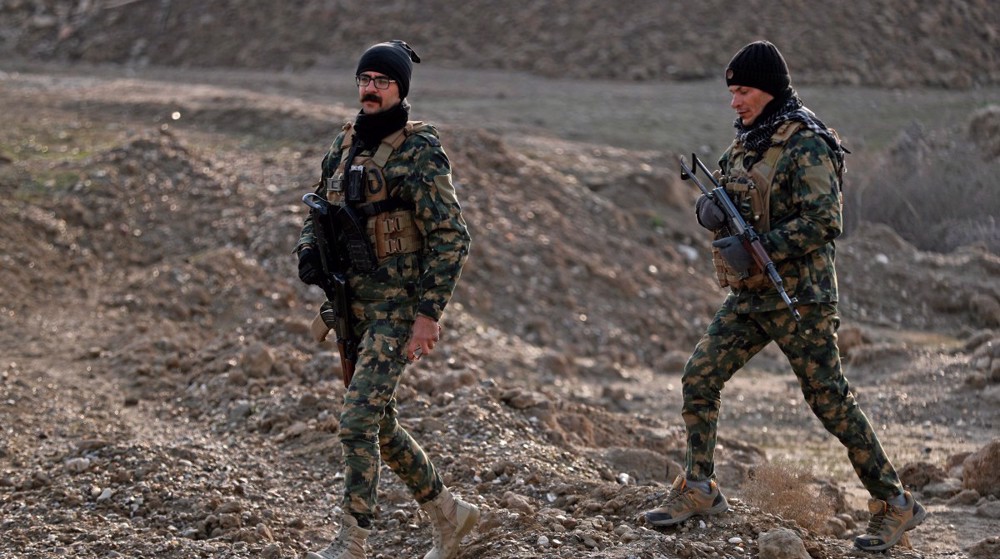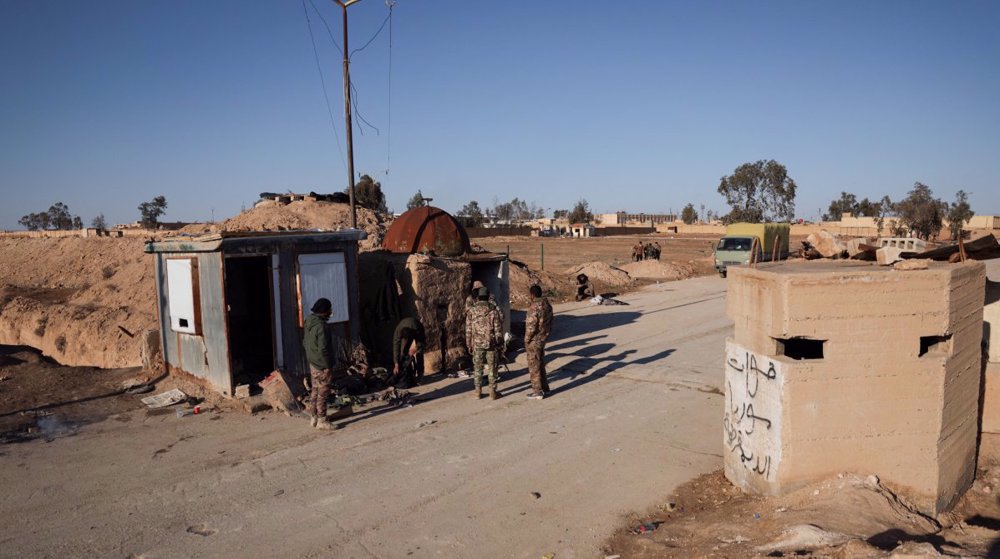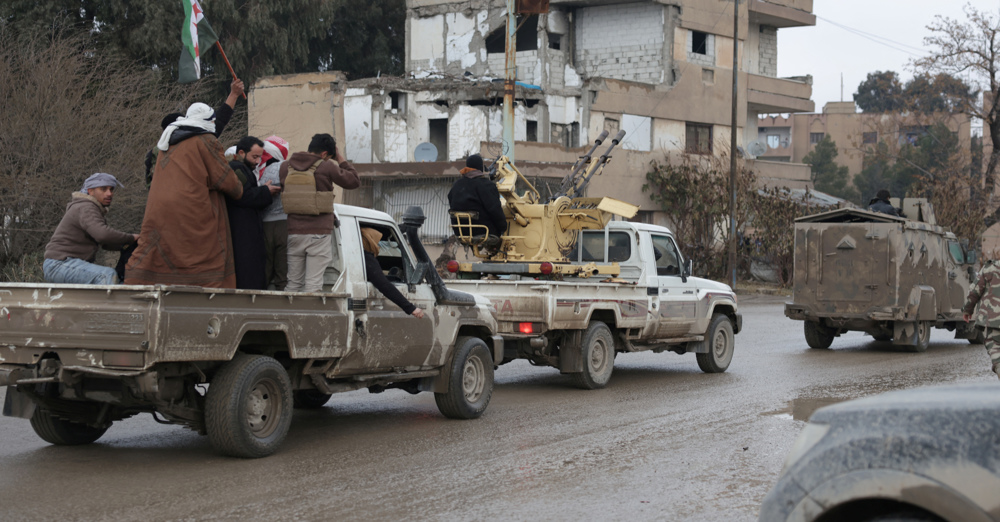US won’t be satisfied unless Syria’s Assad leaves power: US official
US Ambassador to the United Nations (UN) Nikki Haley has repeated Washington’s opposition to Syrian President Bashar al-Assad, saying that the US will not be “satisfied” as long as the Syrian leader is in power.
“Well, I think we’re not going to be satisfied until we see a solid and stable Syria, and that is not with Assad in place,” Haley said when asked at a White House briefing on Friday whether Washington had been left behind in international efforts to resolve the Syrian crisis.
Iran, Russia, and Turkey have been leading efforts to bring about an end to the Syrian conflict. Acting as guarantor states for a regime of peace in Syria, they have been successfully bringing the warring sides to the negotiating table in a peace process in the Kazakh capital of Astana and have been brokering truces.
Just hours before Haley spoke, Tehran, Moscow, and Ankara struck a deal to jointly police a fourth de-escalation zone in Syria’s northwestern Idlib Province. Three other zones had already been created — in Syria’s central province of Homs, the Eastern Ghouta area of the southern Rif Dimashq Province, and a southwestern militant-controlled stretch along the border with Jordan. They have sharply reduced fighting in the conflict zones.

A parallel peace process has also been ongoing — although with less tangible success — in the Swiss city of Geneva and under the auspices of the United Nations (UN).
The US, which has long been backing anti-Damascus militants, has been seeing its influence decline as both the armed and political Syrian opposition increasingly turn to the negotiating table in Astana and Geneva.
Iran’s role in region
Elsewhere in her comments, Haley said the US did not want Iran to have any “leadership” role in the region after the defeat of the Takfiri Daesh terrorist group.
“I think we’re also looking at post-ISIS (Daesh) — what does that look like? And I can tell you, Iran is not going to be in charge, and Iran is not going to have any sort of leadership in that situation,” she said.
Daesh has recently retreated from much of the territory under its control amid sweeping advances by Syrian and Iraqi army soldiers and allied fighters on the battlefield.
Russia and Iran have been supporting counter-terrorism operations in the region.
Epstein provided New York apartment for ex-Israeli PM Barak: Report
BDS National Committee slams Human Rights Watch for anti-Palestinian bias
Norwegian ambassador resigns over expanding Epstein-linked scandal
Russia will not launch attack on Europe unless struck first: Lavrov
Israeli forces kill three Palestinians, including teen, in raids across Gaza
Israel finalizes execution plans for Palestinian abductees after Knesset vote: Report
VIDEO | Press TV's news headlines
VIDEO | Pakistan mosque attack in Islamabad sparks protests in Kashmir, Kargil















 This makes it easy to access the Press TV website
This makes it easy to access the Press TV website